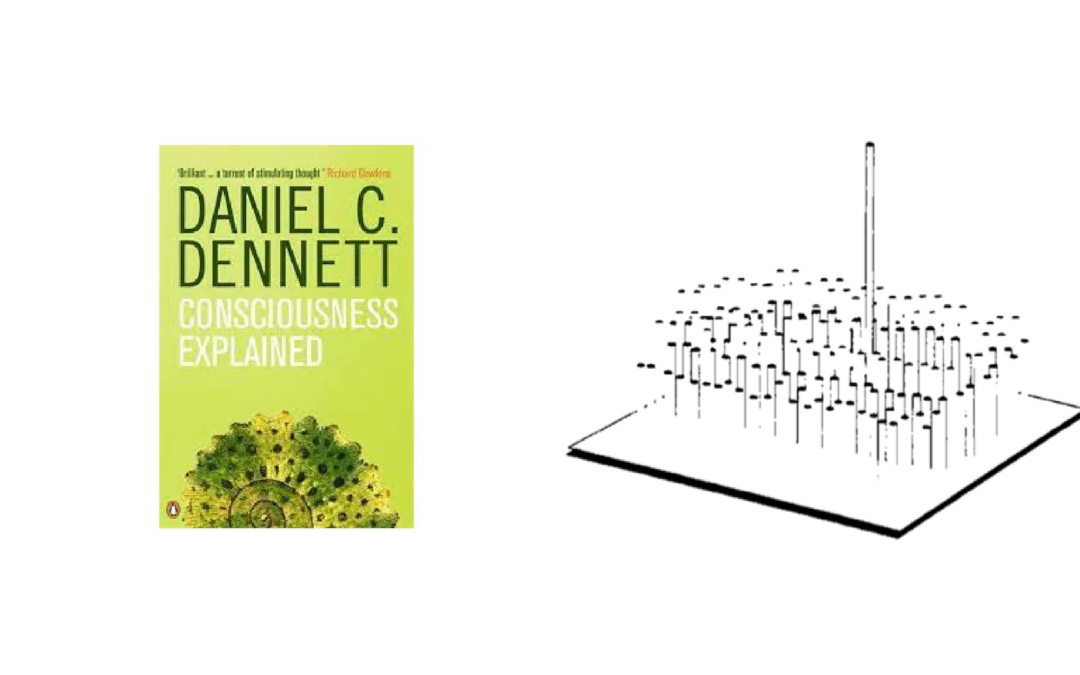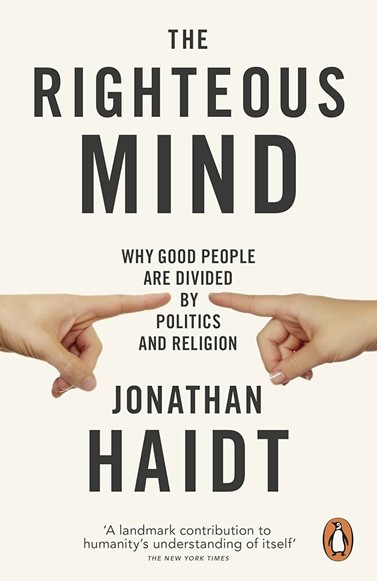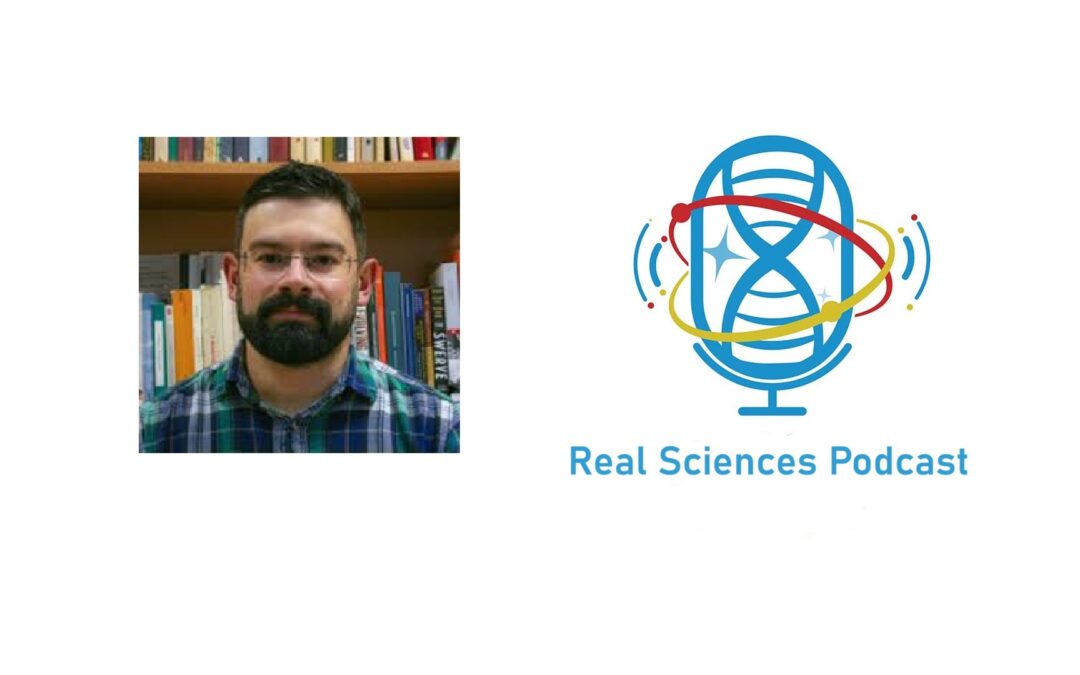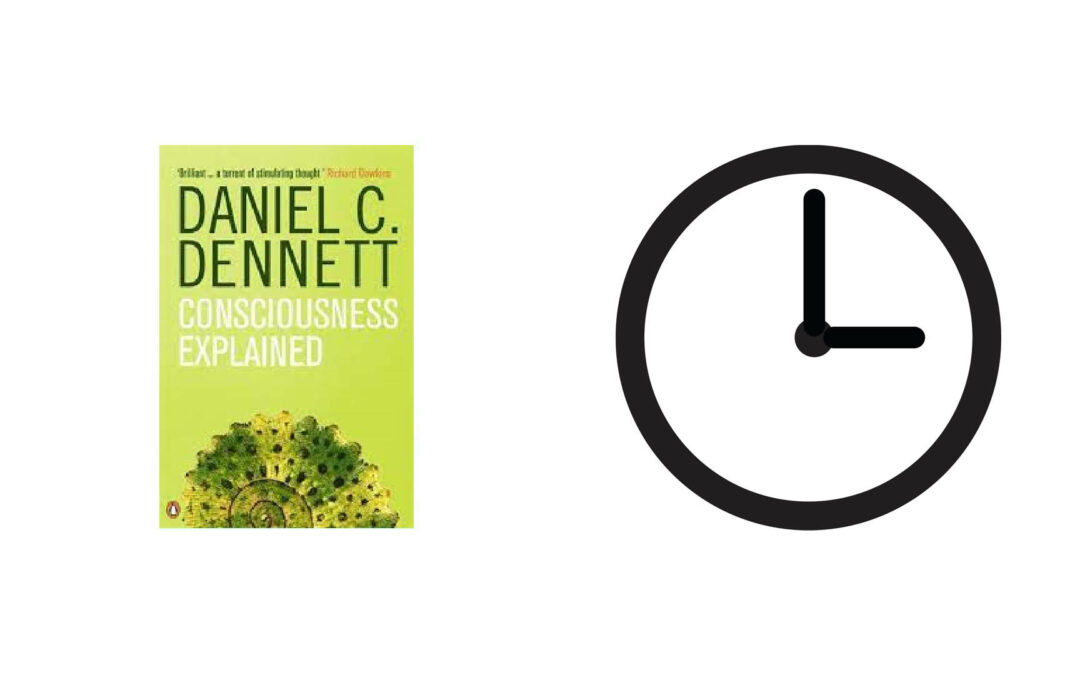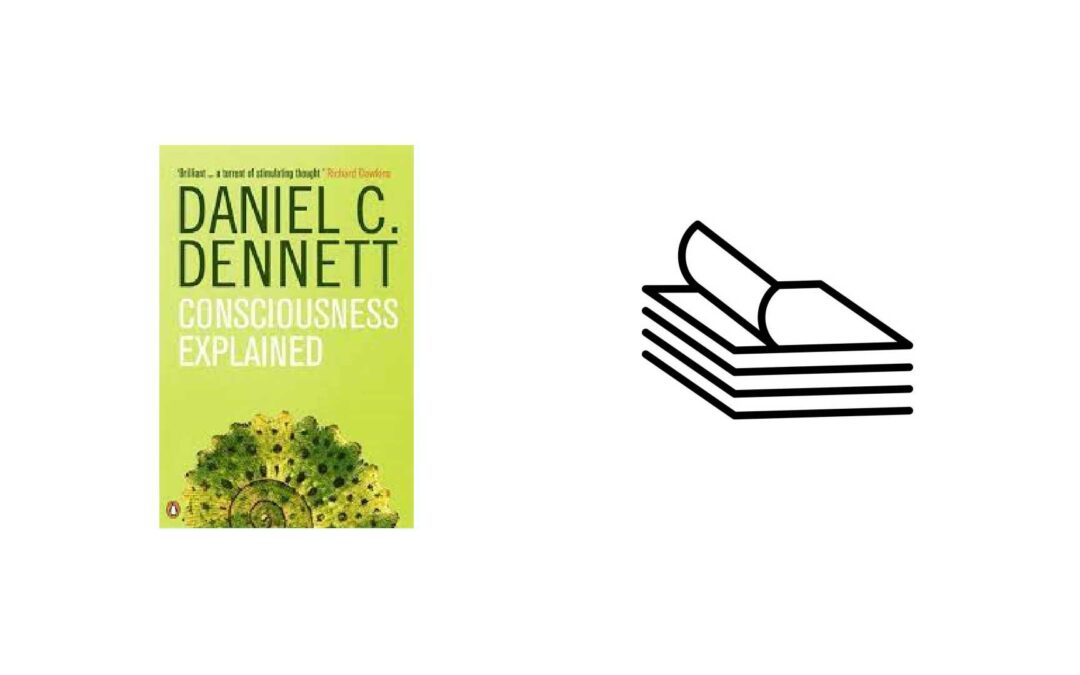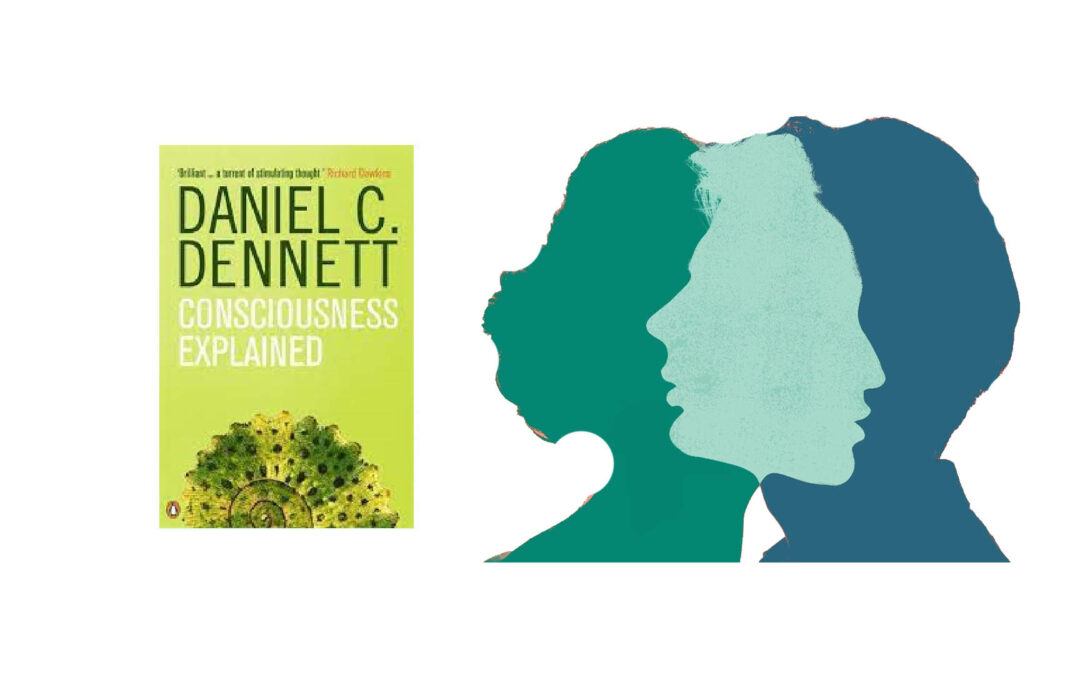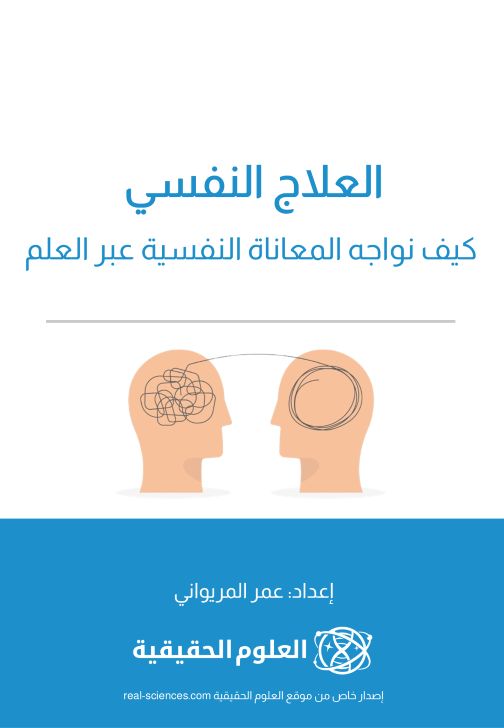
by Omar Meriwani | Jun 30, 2024 | Evolutionary Psychology, Philosophy, Psychology
Dennett begins his discussion of the evolution of consciousness by introducing the Baldwin Effect, which explains the impact of learned behaviour on evolution. This adaptation hastens evolution for an organism, giving it an advantage over hard-wired cousins of the...

by Omar Meriwani | Jun 12, 2024 | Philosophy, Psychology
The first thing that could be said about the book is it is one of the most important books written about moral psychology. Jonathan Haidt is the author; he is a social psychologist and one of the leaders of moral psychology. Haidt presents the idea that he mainly...

by Omar Meriwani | May 11, 2024 | Philosophy, Podcast
https://real-sciences.com/wp-content/uploads/2024/05/Stefano-Bigliardi.mp3Podcast: Play in new window | DownloadWho is Stefano Bigliardi? This is a new episode of Real Sciences podcast and in this episode we are welcoming professor Stefano Bigliardi. He is a professor...

by Omar Meriwani | Mar 29, 2024 | Philosophy, Psychology
Dennet dedicates the 6th chapter to discuss consciousness of time. The first question he raises is about an experiment where a person is asked to repeat what they hear from a recording of speech. The person can recount some of what they heard but not all, even though...

by Omar Meriwani | Mar 29, 2024 | Philosophy, Psychology
In chapter five of his book “consciousness explained”, Dennett debunks the Cartesian Theatre idea and introduces his theory: the Multiple Drafts Model. Descartes’ idea, also known as Cartesian Theatre, persisted until the 20th century. Dennett...

by Omar Meriwani | Mar 29, 2024 | Philosophy, Psychology
Heterophenomenology is defined by Dennett to be a third person perspective when studying consciousness or mental experience. It serves as Dennett’s departure point in addressing the complexities of consciousness. Phenomenology traditionally relies on a...
